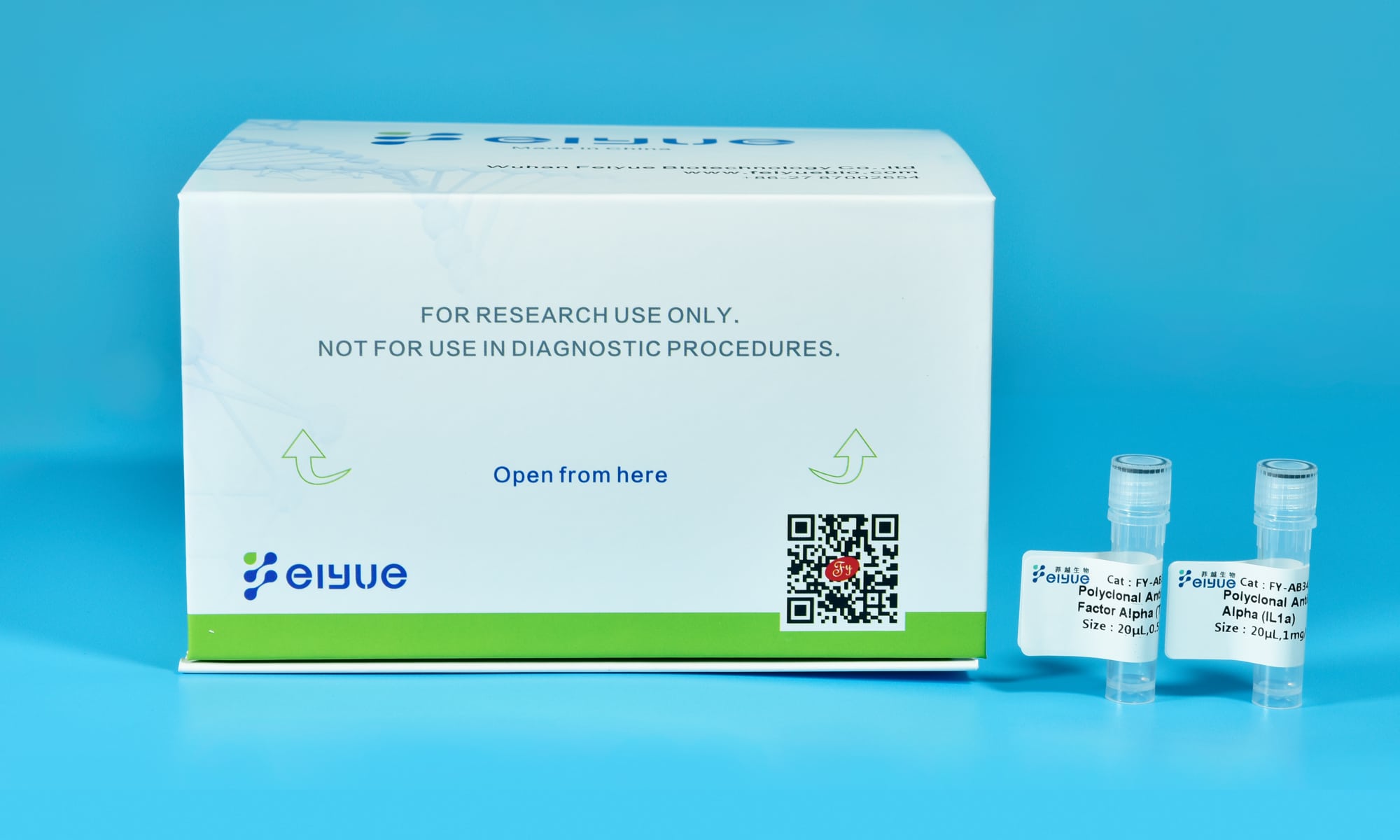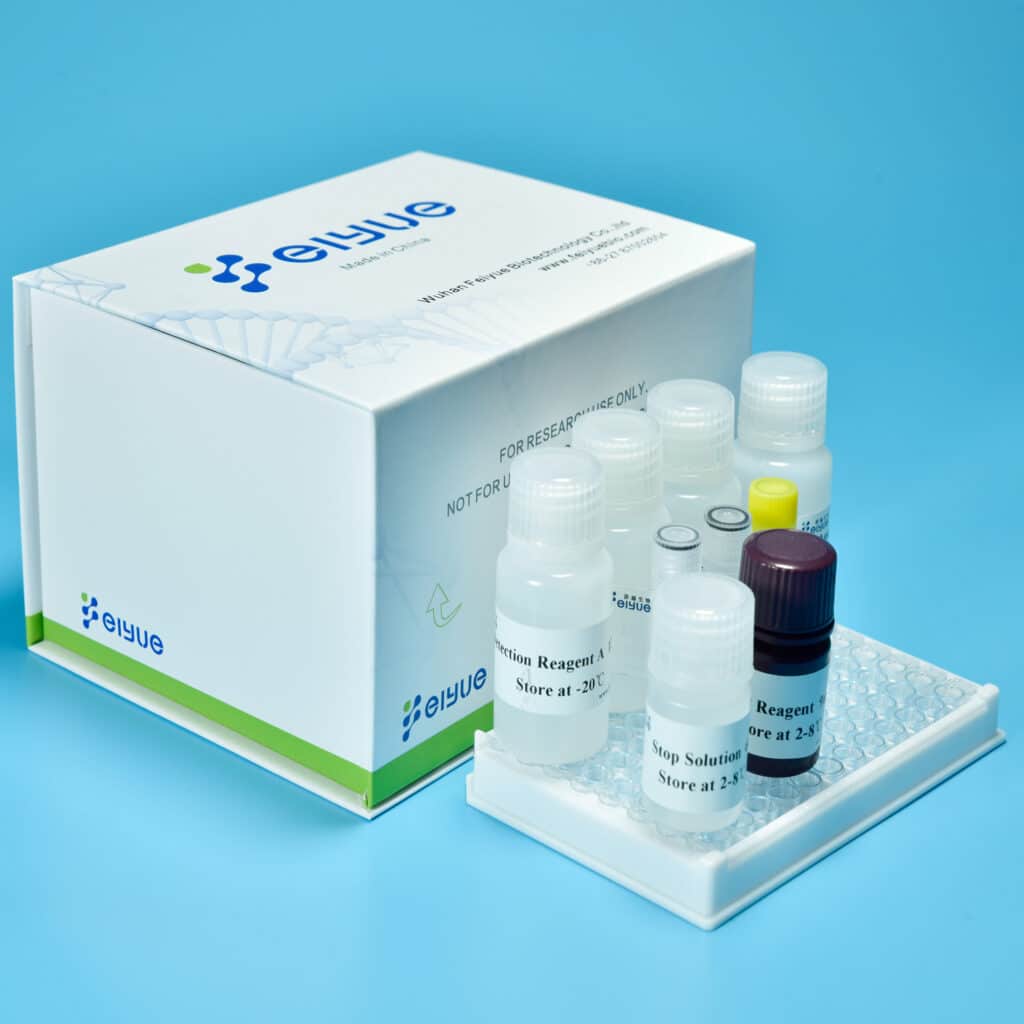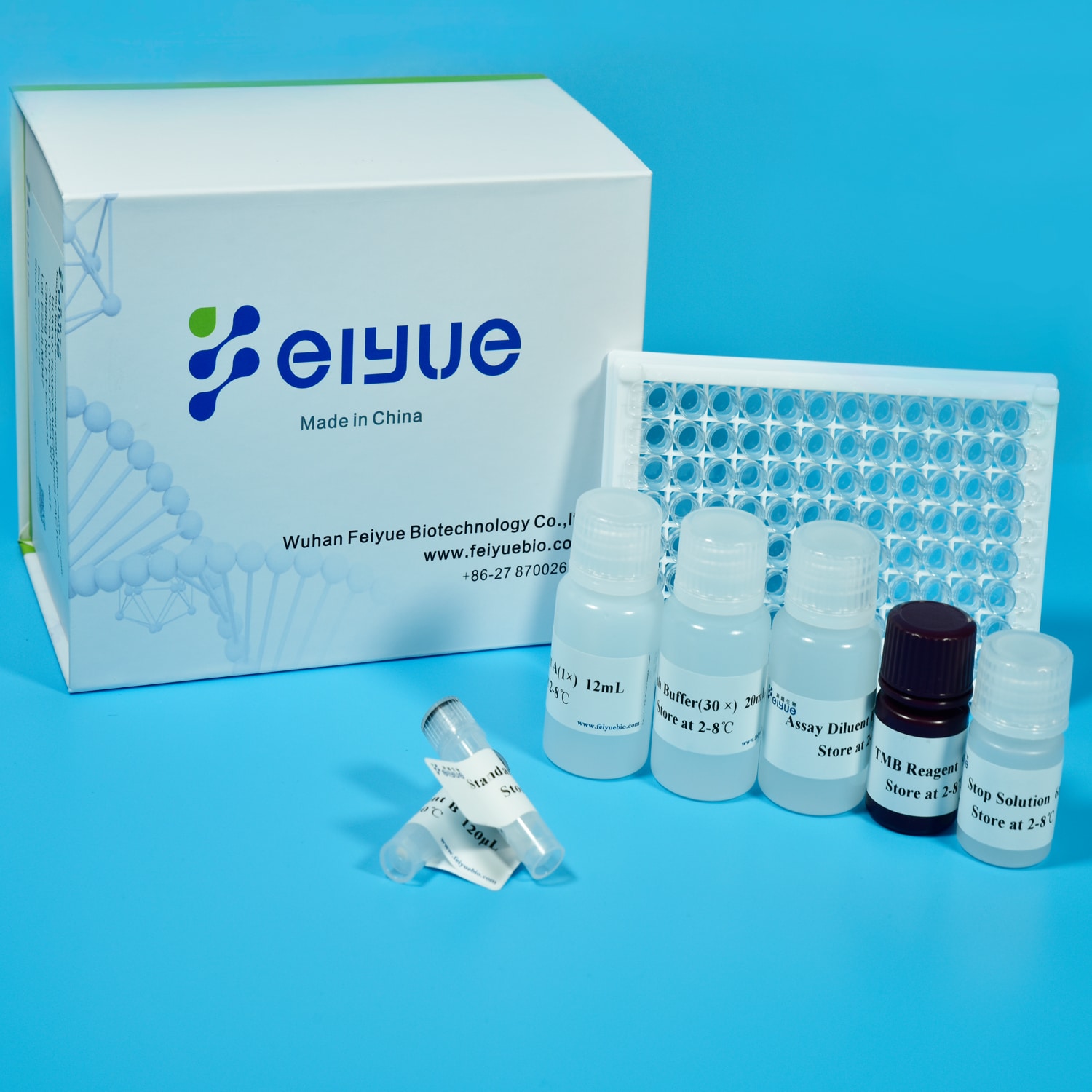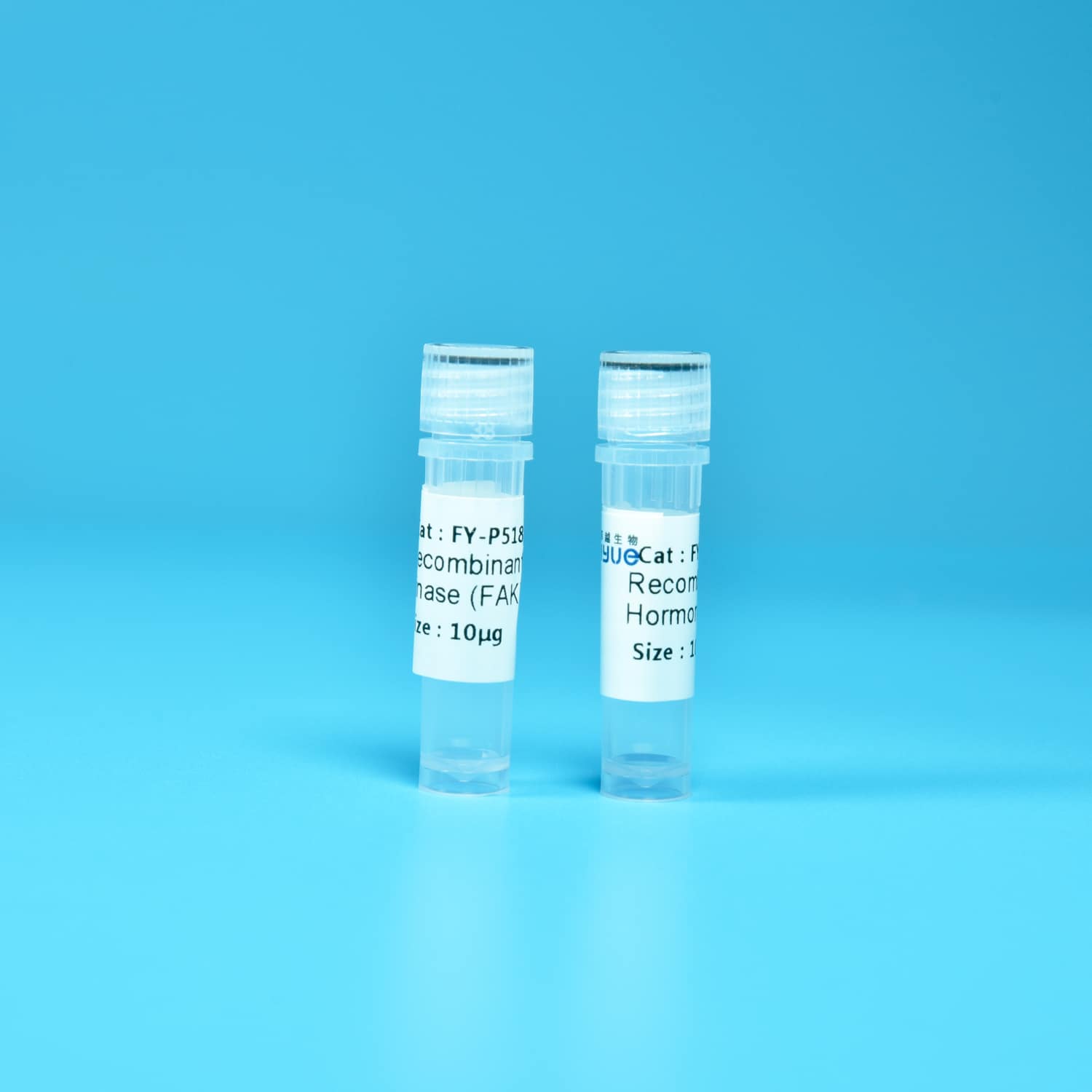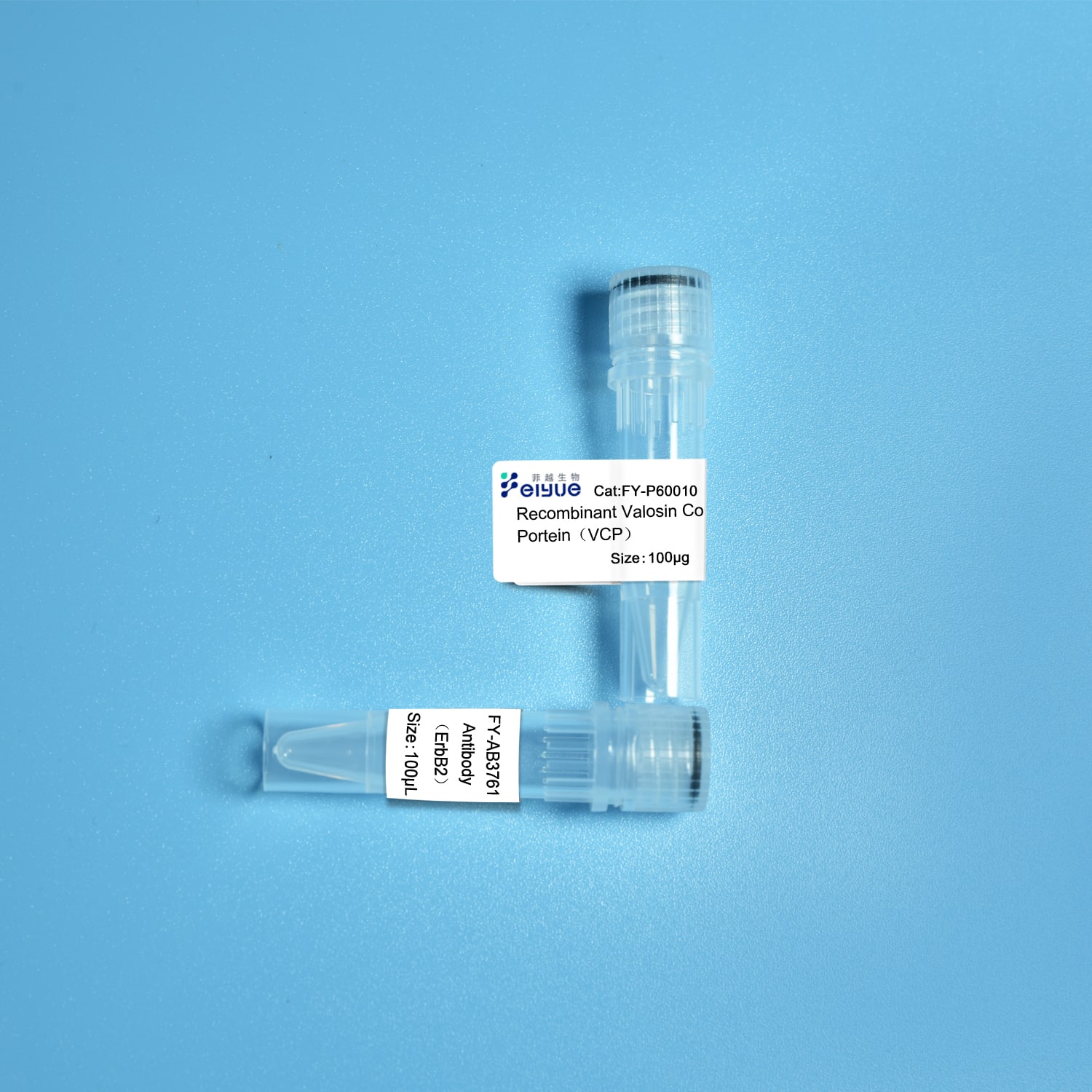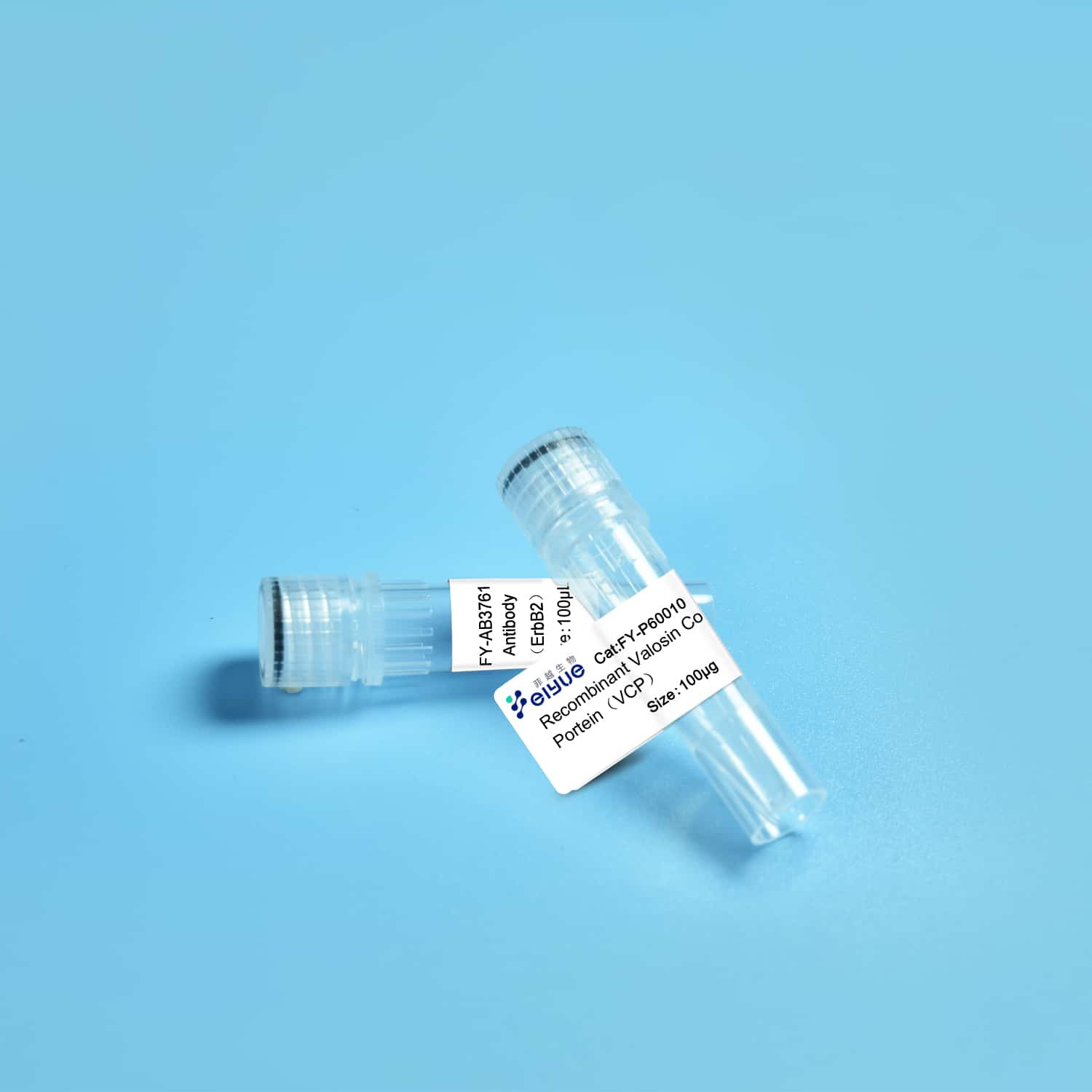Professional Biological Company
Core Biological Products
Feiyuebio provides the broad portfolios in industry for scientists. Our innovative products and services will create solutions for global customers. Our experts have more than 10 years designing experience in antibody and immunoassays. We are proud to serve the bright minds in scientific researches.
Core ELISA kits
FEIYUEBIO provides a wide range of ELISA (enzyme-linked immunosorbent assay) kits for thousands detection of proteins and molecules, including: cytokines, growth factors, markers for infectious diseases, diabetes and tumor, drugs and small molecules, etc.
Efficient & Reliable Services
High quality guarantee
ISO certificated
Wide product ranges
Technical support
Competitive price
Fast leading time
Trusted By Over 1,200+ Clients
Worldwide Since 2005
3,000
Projects done
18+
years of experience
Bio-Technical Team
Currently, he is responsible for the ELISA project of Wuhan Feiyue Biotechnology Co., Ltd. and has rich R&D experience. As the team leader, he has participated in the research and development of nearly 1,000 ELISA kits, and has independently developed protein-antibody labeling platforms.

Yajun Zeng
ELISA Kits
She has rich experience in antibody projects and can establish R&D programs independently. She is currently in charge of antibody R&D and related technical support services at Wuhan Feiyue Biotechnology Co., Ltd. and can also provide antibody customization services.

Baoxue Zhang
Antibodies Proteins

